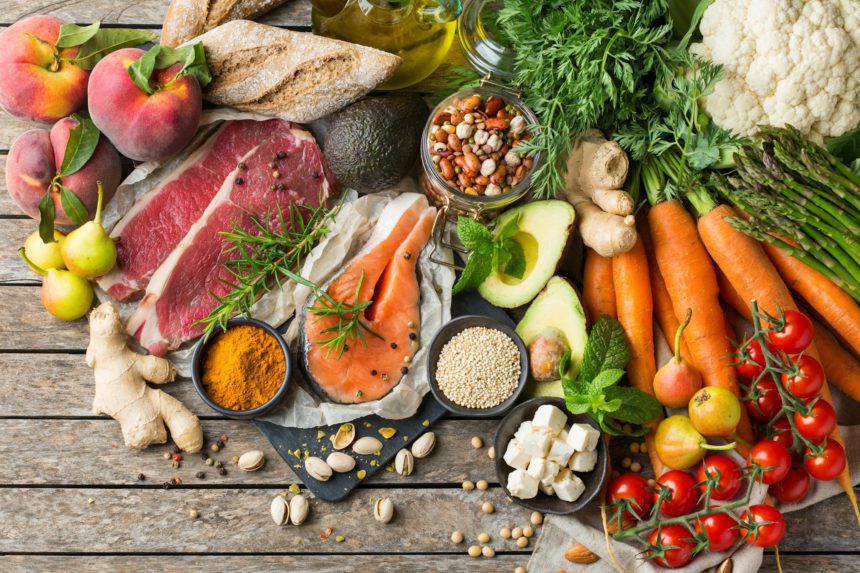Of course, we all want to be healthy and have a balanced lifestyle. To achieve this goal, many of us use diets, but not all are as beneficial to the body. In fact, some restrictive diets can have negative effects on our health. Then how can we avoid the traps of these diets and choose a balanced and sustainable diet?
First of all, it is important to educate ourselves about food and understand the needs of our body. Each person has a different metabolism and needs specific nutrients to keep healthy. Instead of focusing on restrictive diets, we should focus on a balanced diet that provides us with all the nutrients we need.
A balanced diet consists in the consumption of food from all main groups: proteins, carbohydrates, fats, vitamins and minerals. It’s important to choose foods that are as natural and unprocessed as possible, that give us nourishment.You’re needed. We also need to pay attention to the amount of calories we consume to avoid excesses.
Another important aspect in choosing a balanced diet is to be aware of the ports we consume. A healthy diet means not only the choice of the right food, but also the control of the quantity we consume. It is recommended to eat smaller gates, but more often, to maintain our active metabolism and avoid the feeling of excessive hunger.
Sustainable food: the key to a healthy life without restrictive diets
If we want a healthy life without resorting to restrictive diets, it is important to move towards a sustainable diet. What does this mean? Sustainable food refers to the choice of foods that have a reduced impact on the environment and support our long-term health.
First, sustainable food involves the consumption of local and seasonal food. Aligating FoodIt’s produced near us, we reduce the impact of transport on the environment and we support local agriculture. Seasonal foods are also fresher and richer in nutrients, which contributes to a healthy diet.
Also, sustainable food means reducing the consumption of meat and dairy products. Meat and milk production has a significant impact on the environment, through greenhouse gas emissions and forest clearing. By reducing the consumption of such products, we can help reduce the impact on the environment and we can opt for healthier alternatives such as vegetables, fruits and whole grains.
Another important aspect of sustainable food is the avoidance of food waste. Often, we throw food that is still consumable, which leads to waste of resources and environmental pollution. It is important to be aware that every food is valuable and to organize our food so that it isI’m losing my life.
In conclusion, avoiding restrictive diet traps and choosing a balanced and sustainable diet is the key to a healthy life. It is important to educate ourselves about food, to focus on natural and unprocessed food, to control the ports and to choose local and seasonal food. By adopting these principles, we can support our health and the surrounding environment.
